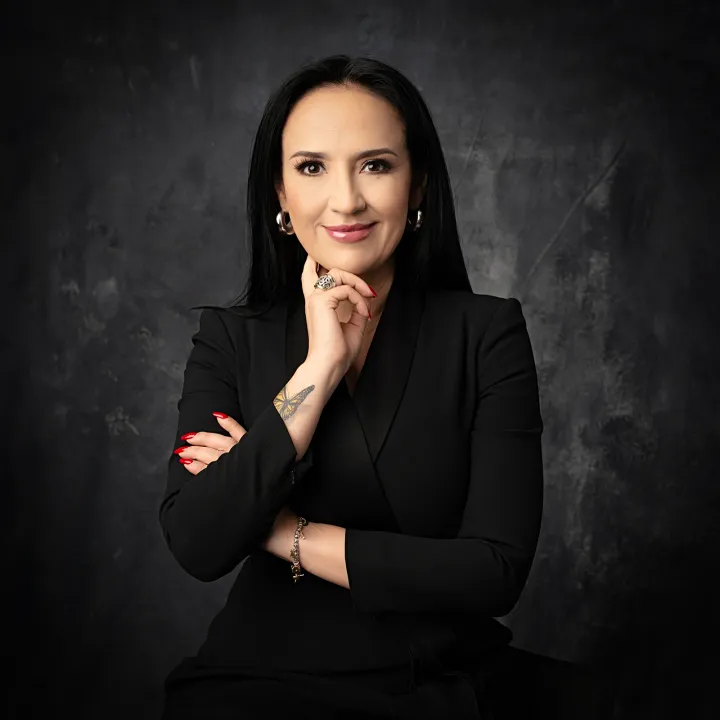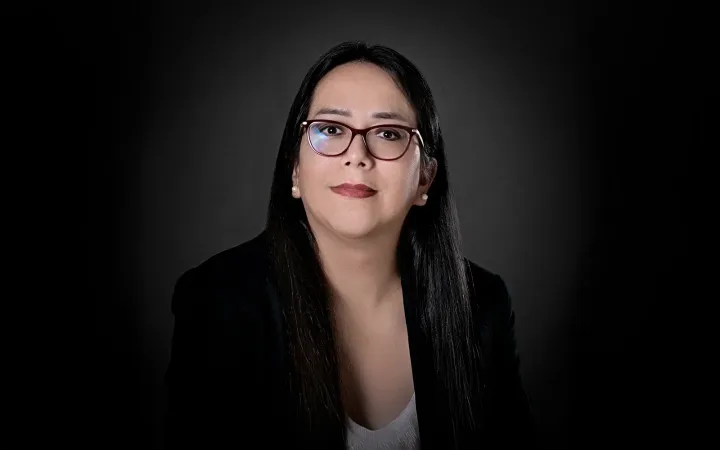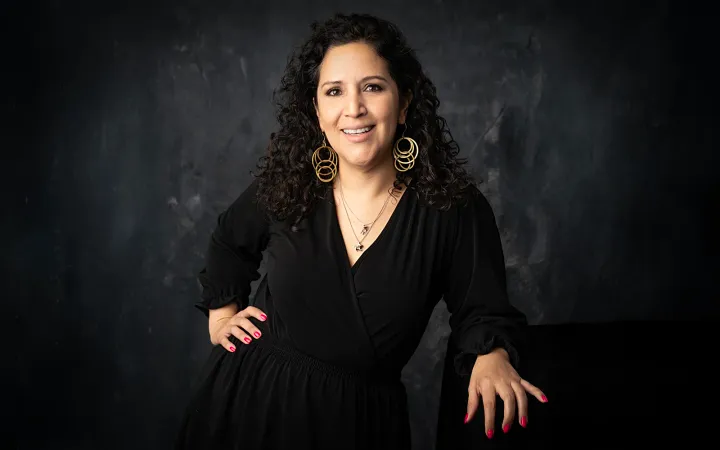By Juana Ramirez
Recently, President Claudia Sheinbaum promised the installation of a network of Farmacias del Bienestar that will be built next to the branches of the Banco del Bienestar and will deliver free medicines to senior citizens starting in the second half of 2025. After the announcement, it is inevitable to remember the promise of his predecessor in response to the shortage of medicines that characterized his entire six-year term, when he announced the construction of the Mega-pharmacy that promised to literally have "all the medicines in the world" and turned out to be a real fiasco that today is also a hot potato for the current administration, which is trying to use it to treat emergencies or medicine shortages in hospitals, instead of recognizing that it is, as commented at the time by public health analyst, Dr. Xavier Tello, "an absurdity". Xavier Tello, "an unprecedented nonsense".
This announcement also comes in the midst of the "Consolidated Purchase of Medicines and Medical Supplies 2025-2026" process which, if successfully completed, would be the largest joint bidding process in the history of the health sector with a budget of 314 billion pesos. Although there are great expectations from public hospitals to solve once and for all the terrible shortage and a measured optimism also from the pharmaceutical and medical devices industry, the process has had some ups and downs and the decision that was expected for December 31 was postponed to January 13. In the meantime, a complementary purchase for 17,845 million pesos was announced, which includes some 1,600 keys with which they hope to guarantee the supply during the first months of the year. The six-year term has just begun and Dr. Kershenobich will need at least the first half of this year to demonstrate that the shelves of the warehouses and pharmacies of the health institutions once again have what is necessary to provide decent care and fill patients' prescriptions. However, there are still reasonable doubts about the functioning of Birmex's logistical operation to deliver the supplies to each hospital, since the Ministry of Health has insisted on buying from the manufacturing laboratories and not from the distributors.
The fact is that, without resolving the supply in hospitals, it is difficult to believe in the capacity to install and manage a network of pharmacies, which involves technical, technological, logistical and regulatory challenges. It is clear to me that any government would desire the popularity and affection enjoyed by Dr. Simi and in Morena they must be rubbing their hands together thinking that, if they were able to consolidate themselves with the promise of "The same, but cheaper", imagine the effect of "The same and free"!
The problem is that building a network of pharmacies does not mean erecting a couple more walls, installing national servers and a few boxes of medicines. This dispensing model is so complex that most health systems in the world use private chains with special price and product agreements, instead of thinking about duplicating infrastructure, entering into operations for which they are not prepared and increasing the risks of corruption. Now, knowing the "logic" with which Morena starts its pharaonic enterprises -an airline, a hotel chain or a water purifier-, it is worthwhile to understand here the Farmacias Similares model, a commercial and social phenomenon wherever it is analyzed.
This chain, founded in 1997 by Víctor González Torres, has more than 9,500 branches offering medicines, especially generic drugs, vitamins and supplements, dermatologicals, cosmetics, medical devices and healing materials, as well as health services, including first-contact medicine offices and 268 clinical analysis laboratories. In addition, 15% of its sales come from its own pharmaceutical laboratory, Laboratorios Best, which has three production plants in Mexico. To measure its size and level of market penetration, it is sufficient to know the number of branches of its immediate competitor, Farmacias del Ahorro, which has some 1,900 pharmacies in the country.
But becoming the largest drugstore chain on the planet is not all. The brand positioning of its famous bottarga, Dr. Simi, a chubby, good-natured, trustworthy and funny cologne doctor, inspired by Susanito Peñafiel, a character played by Mexican actor Joaquín Pardavé, and by González Torres' fondness for Disney cartoons, has been more than a success: this marketing phenomenon sold more than half a million dolls last year, collaborates with other brands -a good example was the limited edition Panam tennis shoes, which sold out the same day they were launched-, has its own Similandia stores that people visit to buy souvenirs, while celebrities from all over the world such as Adele, Coldplay, Aurora, The Killers, Lady Gaga or Karol G receive them during their concerts as gifts from their fans. And the phenomenon does not stop here.
Since its foundation, Farmacias Similares' target market has been the lower classes, and to connect with them, the organization has maintained a very clear value proposition: good quality products "but cheaper", medical consultations without prior appointment for seventy pesetas, low-cost basic clinical studies, in addition to the social assistance programs of the Dr. Simi Foundation which, according to its reports, benefit one million two hundred thousand people a year. The dolls are made by people with disabilities and the profits are dedicated to support this cause. In 2022, they also launched "Colonia Simi", which works in the reconstruction of the social fabric in communities with high marginalization, serious crime problems and without access to basic services, in three states.
Desirable. Sure. Imagine the president's face painted on the roofs of a neighborhood, or the Dr. Morena's botarga in every Mexican home turned into an object of worship and adoration of the regime. It's all right. The point is that in order for this to happen, we must first resolve the access of Mexicans to timely and quality health services. Then we look at marketing.

The opinions expressed are the responsibility of the authors and are absolutely independent of the position and editorial line of the company. Opinion 51.






Comments ()